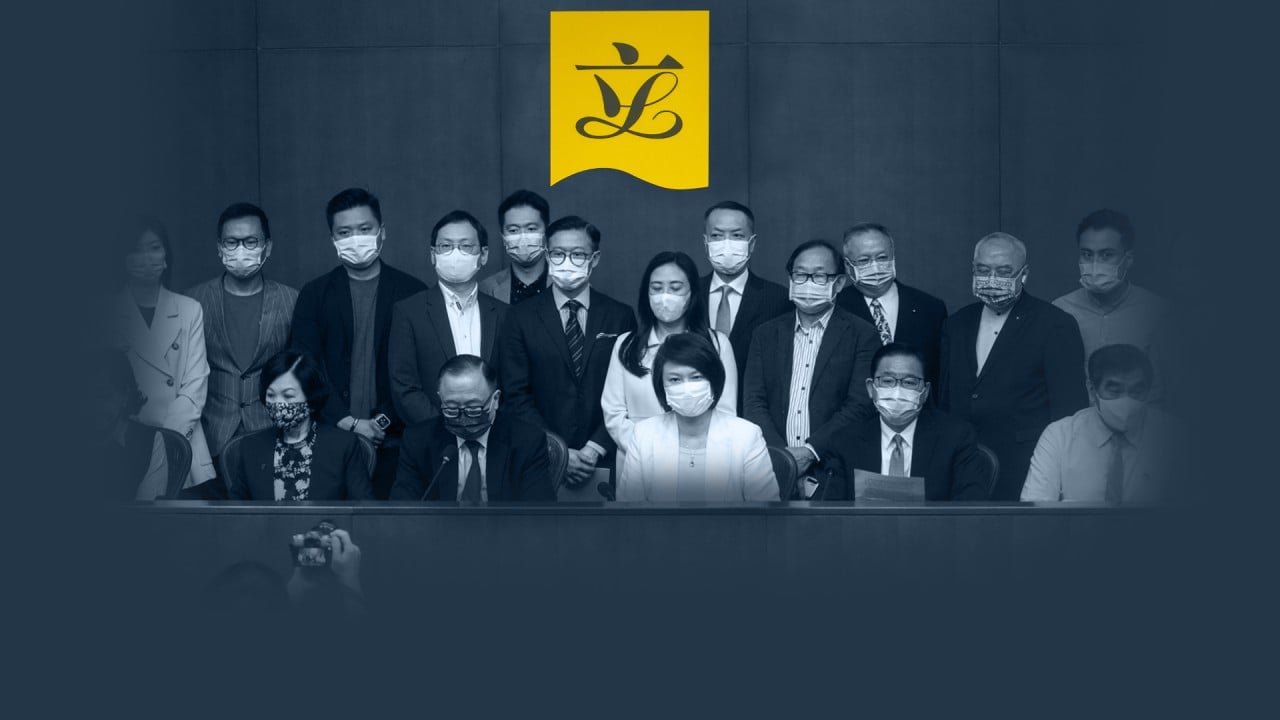
How Hong Kong will forge its own future through the new Election Committee
- The Election Committee subsector elections next Sunday will be a far cry from the 2016 polls, in terms of size of the electorate
- But, under new rules made by Beijing, the revamped committee will ensure the right candidates are elected to govern Hong Kong
Hong Kong’s future, after years of division, turmoil and stagnation, rests heavily on who gets to decide our next generation of leaders.
That means, come next Sunday, only 412 candidates for 13 subsectors will compete for 364 seats, or 24 per cent of seats, on the Election Committee.
Measured in terms of the size of the electorate (which has fallen sharply from 246,000 in 2016 to around 8,000 this year) and the intensity of the competition, the polls will be a far cry from the Election Committee subsector elections held in 2016.
Is Hong Kong’s administrative officer-led governing system over?
The patriotism requirement is not a last-minute move to shut out the opposition, or cripple Hong Kong’s democratic development. This requirement dates back to the 1980s, when the question of Hong Kong’s future after 1997 was thrust to the fore by Sino- British negotiations.
At the time, Deng Xiaoping, China’s de facto leader, stressed to his visitors that China’s non-negotiable position was the resumption of the exercise of sovereignty over Hong Kong as of July 1, 1997.
Hong Kong would be a special administrative region, with its own separate system and lifestyle, within China, under the “one country, two systems” formula; maintaining two separate systems within one country was a bold and unprecedented concept.
Why Hong Kong electoral reform is a double-edged sword for Beijing
Picking true and competent patriots to govern Hong Kong has always been a challenge for Beijing, and its choices have an impact not only on Hong Kong, but also on the safety and security of the nation.
The new electoral system was designed to cure these ills.
Democracy in any part of the world ought to be built on acceptance of the sovereignty and constitutional set-up of the nation. Democracy would become a danger to any nation if it was hijacked by anti-government forces and turned into a subversive movement.
A chief executive election committee which ended up returning a candidate backed by external forces and opposed to China, or who attempts to break Hong Kong away from China, would be a recipe for disaster for the 7.4 million residents of Hong Kong, local or expat.
The revamped Election Committee will have a strong contingent of members drawn from various subsectors with a strong connection to and understanding of China, who will ensure the right candidates are elected to govern Hong Kong.
It will be more broadly representative of Hong Kong’s community, including representatives of grass-roots organisations and small and medium-sized enterprises, as well as distinguished scientists, educators and professionals.
It’s early days. Competition for seats on the Election Committee is likely to increase once those who aspire to rule Hong Kong become more familiar with the new rules and requirements. But it is for Hong Kong to find its own way to develop, and forge its own future, within the framework of China’s constitutional requirements. Nothing short of that could succeed.
Regina Ip Lau Suk-yee is a lawmaker and chairwoman of the New People’s Party


